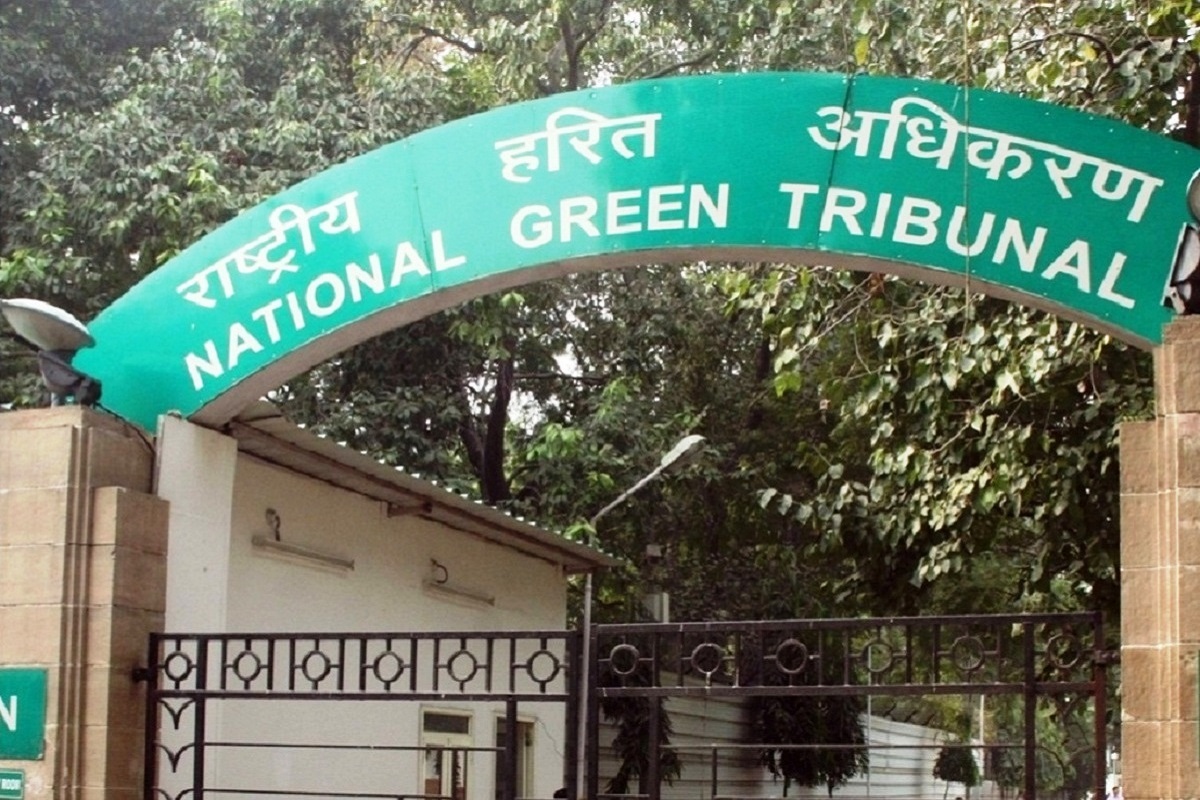Supreme Court rejects 100 per cent cross verification of EVM votes with VVPAT slips
The top court also rejected the prayers of petitioners to return to ballot paper voting system, calling it foible and unsound.
Senior advocate Anand Grover, amicus curiae in the case, had opined that the NGT cannot exercise suo motu powers on the basis of letters, representations, or media reports.

File Photo
The Supreme Court on Thursday ruled that the National Green Tribunal (NGT) has power to take suo motu cognisance – on the basis of letters, representations, and media reports — and can initiate proceedings on its own on issues pertaining to the environment.
Senior advocate Anand Grover, amicus curiae in the case, had opined that the NGT cannot exercise suo motu powers on the basis of letters, representations, or media reports.
A bench of Justices A.M. Khanwilkar, Hrishikesh Roy, and C.T. Ravikumar delivered the judgment on a batch of petitions which raised the issue whether the NGT has suo motu jurisdiction.
Advertisement
Senior advocate Sanjay Parikh had argued that the NGT has been conferred powers to pass orders for the restitution of environment, hence it can exercise suo motu powers. However, several senior advocates opposed his arguments, stating that only constitutional courts can exercise suo motu powers and a statutory tribunal like the NGT has to act within the confines of its parent law.
Additional Solicitor General Aishwarya Bhati, representing the Centre, held that the NGT does not have the power to take cognisance of a matter on its own. But she also contended that the tribunal’s powers cannot be bound by procedural constraints. “This is a peculiar tribunal dealing with environmental matters. Often, the environment ends up being nobody’s baby,” she said.
Asked if the tribunal were to receive information in connection with the environment, is it not duty bound to initiate proceedings?, the ASG said it is within its power to take cognisance of it.
On September 8, the bench had reserved its verdict on the issue.
Advertisement